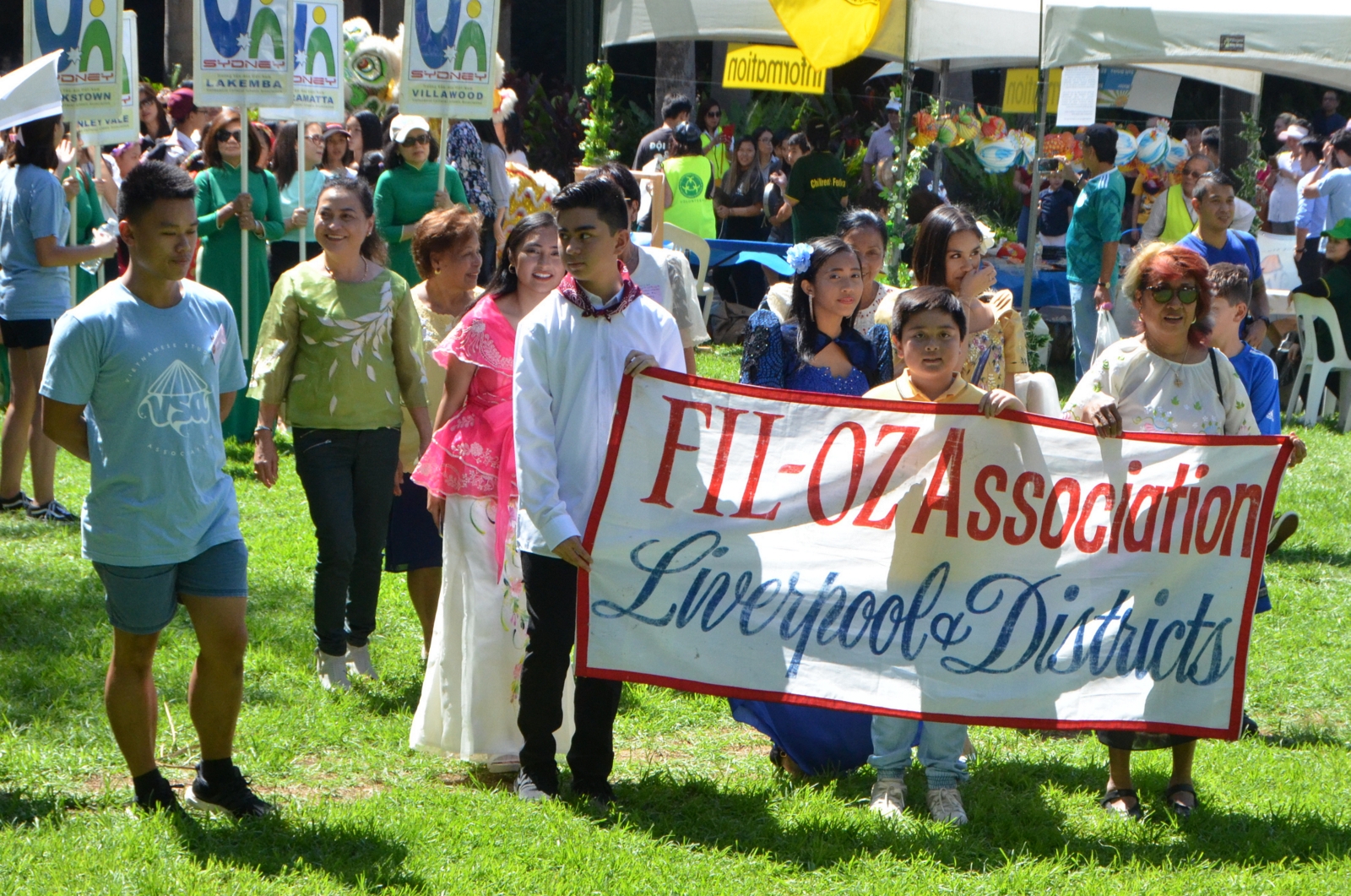
(Manila) – The Philippine government should immediately release the hundreds of mostly indigent and homeless Manila residents, including more than 140 children, detained before the Asia-Pacific Economic Cooperation (APEC) summit, Human Rights Watch said today. The arbitrary detentions are part of so-called “clearing operations” aimed to beautify the city ahead of the summit, which will bring world leaders to Manila from November 16 to 18, 2015.
These street dwellers in Dakota, a community in Manila not far from the Philippine International Convention Center where the APEC summit will be held, have been told by local authorities to “keep off the streets” for at least a week beginning November 16.
These street dwellers in Dakota, a community in Manila not far from the Philippine International Convention Center where the APEC summit will be held, have been told by local authorities to “keep off the streets” for at least a week beginning November 16, 2015. November 12, 2015.
Since November 9, local authorities have rounded up several hundred adults and children from streets and informal settlements in Manila and surrounding municipalities of Metro Manila, and detained them without charge. Many of the adults operate food carts or sell scavenged items and were told by officials who detained them that they would be able to return to the streets and resume their work after the summit. On the orders of local mayors, including Manila Mayor Joseph Estrada, police and social workers are detaining them under guard in government.
“Philippine authorities have violated the rights of hundreds of Manila residents to put a cynical veneer of ‘cleanliness’ on the city for APEC delegates,” said Phelim Kine, deputy Asia director at Human Rights Watch. “The removal and detention of homeless and impoverished residents from where they live and work without due process is a violation of their basic human rights.”
Witnesses told Human Rights Watch that police, neighborhood officials, and social workers appear on the streets where people are living and examine their tents and hovels. The people detained are then brought by truck to the Reception and Action Center (RAC), a social welfare facility run by the Manila city government. Adults and accompanied children from Manila are held at the RAC while children from Manila with no parents present are sent to Boys Town, a shelter for homeless children run by the Manila government in nearby Marikina. Many of those picked up, including people from outside Manila, are then sent to the Jose Fabella Center, a national government-run facility for the homeless in neighboring Mandaluyong City.
The national Department of Social Welfare and Development told Human Rights Watch that from November 9 to November 12 a total of 48 homeless or indigent individuals have been detained at the Jose Fabella Center, 40 from Manila, while the others are from nearby Quezon City and Pasay City. The Manila city government reported that authorities had “rescued” at least 141 street children as of November 10, dozens of whom were sent to Boys Town.
“Dario,” a scavenger arrested on a street near Roxas Boulevard, said that the development authority personnel who detained him on November 11 were “brutal.” “They were merciless,” Dario told Human Rights Watch. “They took our things or did not allow some of us to bring our belongings.” He and his wife have been held in custody at the Jose Fabella Center, where they spoke to Human Rights Watch.
Local authorities conduct the “clearing operations” in coordination with the Department of Social Welfare and Development. The department’s director for Metro Manila, Alicia Bonoan, told Human Rights Watch the “clearing operations” were part of a government policy of “rescuing” and “reaching out” to the homeless and the poor, particularly children. She said they were conducted in tandem with a modified cash transfer program launched in 2011 that provides up to 4,000 Philippine pesos (US$90) in monthly rental support payments for up to six months to 4,408 low-income families in Metro Manila.
Bonoan denied any link between the ongoing operations and the APEC summit but the accounts of people who have recently been detained, their relatives, and social workers from nongovernmental groups suggest otherwise.
“Cora,” 52, a street vendor in the Ermita district who was detained on November 11, said she pleaded with the municipal authorities to release her, but to no avail. “No matter how I pleaded, they didn’t listen,” she said. “They will only let me go after APEC, that’s what they told me.”
The Philippine government’s preparation for the APEC summit began several weeks ago with public works projects including repainting major highways, walling-off slum areas so they cannot be seen from roadways, and removing street vendors from major thoroughfares. The pre-APEC “clearing operations” have included the removal of many of the poor and homeless from major streets, including Roxas Boulevard along Manila Bay, which connects the international airport with the APEC venue at the Philippine International Convention Center.









Leave a Reply